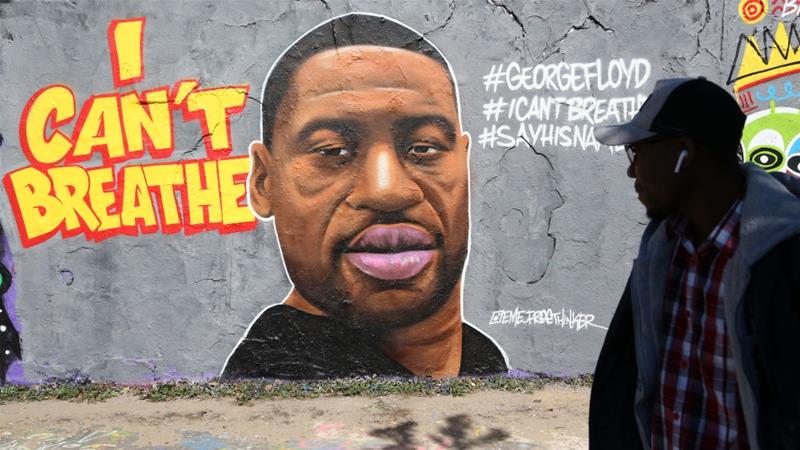During most of my life racism has been a topic that we just don’t talk about. Of course, the ‘we’ in that statement refers to privileged white folks (such as myself); Black people don’t have the option to go through their lives pretending racism doesn’t exit.
The cold-blooded murder of George Flloyd captured the nations attention and served to shine a light on the shameful and horrific ways in which racism is still very much alive and well in the ‘land of the free’.
For the first time in my life, I am routinely having conversations about race. Friends and family are more open to listening and learning why ‘All Lives Matter’ cannot be true until and unless Black Lives Matter. Some of us are emerging from our white cocoon of privilege to listen and learn about the experiences of Blacks in our communities–who do not always feel safe in our neighborhoods.
Many well-meaning, well-intended middle-class white people have not fully recognized the breadth and scope of the problem, because WE don’t see it or experience it on a day-to-day basis. When confronted with yet another video of a cops killing another unarmed Black person, it has been too easy to dismiss the act as an aberration, versus the legacy of long-standing and systemic racial terrorism. There is no longer any excuse for that sense of entitled ignorance.
A couple years ago I got into an argument about racism with a work colleague. This particular Male Karen (I will call him MK), was a very vocal self-appointed expert on any and all topics. MK was explaining to me that he was not going to attend a Diversity presentation at our work place, because “he treats everyone the same, he doesn’t ‘see’ color, therefore racism is not HIS problem’. I pointed out that MK has benefited from white privilege whether he realizes it or not; and I suggested he may want to do more learning and listening than talking on this particular topic. MK blew up at me and called me a racist, to which I very maturely replied: “No, YOU are the racist! Eventually HR intervened, and told us not to talk about race at work–which disappointed me, given that Diversity was allegedly a Corporate value. How can we expect change if we are not allowed to talk about it?
This experience shook me, and for a time, I was hesitant to initiate or participate in conversations about diversity and racism, despite my growing interest and knowledge on the topic. Fast forward to June 2020—the time is ripe for these long-deferred difficult conversations, and it has become less acceptable for white people to simply ignore or deny the problem.
We need to take advantage of this flashpoint to educate ourselves, listen to and amplify Black voices, to become and act as allies. If you haven’t already done so, check in with your Black friends, support BLM, participate in peaceful protests, have difficult conversations, and hold your friends and family accountable for their actions and words. And finally, whether you are a man or a woman – for gawd’s sakes… don’t be a Karen.

